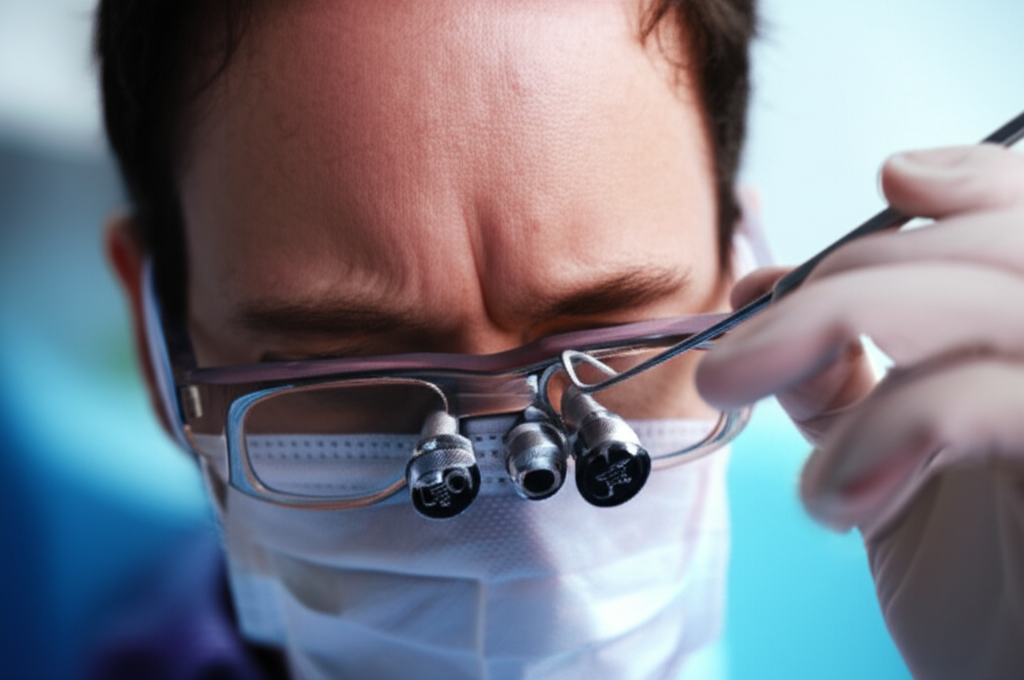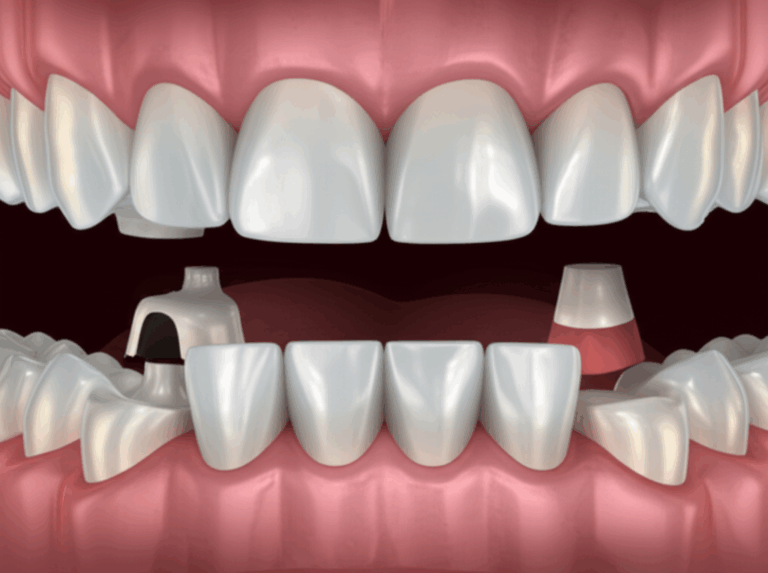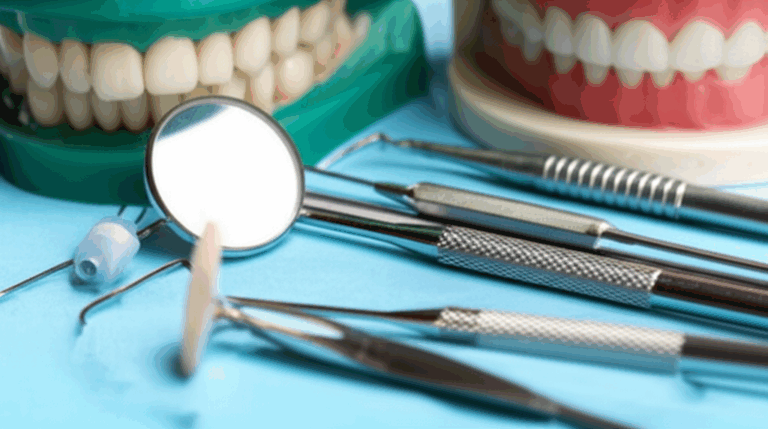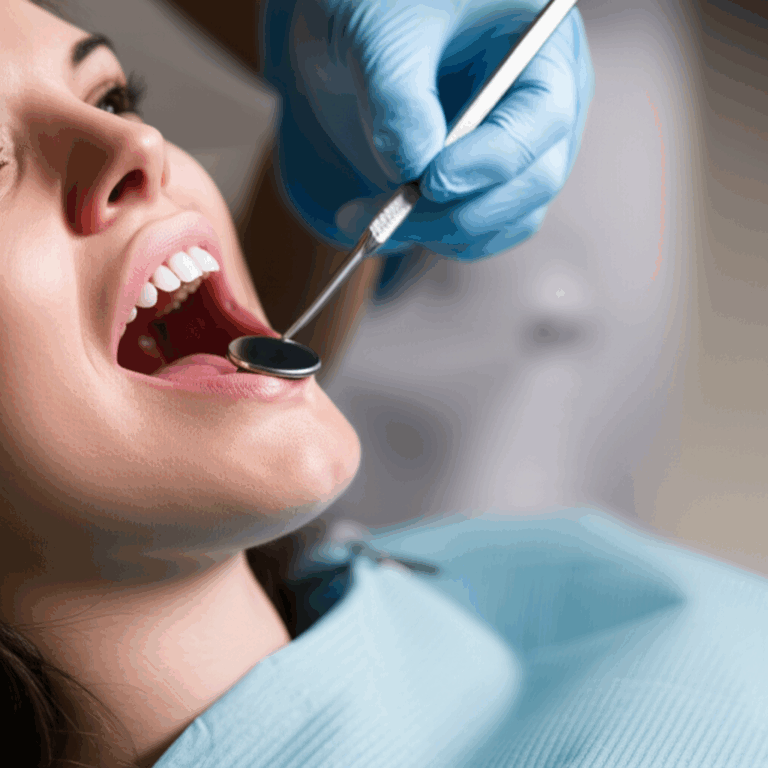
Why Dentists Face High Suicide Rates: Understanding the Pressures, Risks, and Solutions
That Disturbing Statistic: Why Are We Talking About Dentist Suicide Rates?
If you’ve ever heard someone say that dentists have a higher chance of suicide and thought, “Is that really true? Why would a job that seems safe and respected be connected to something so serious?”—you’re not the only one. This question has been around for a long time among dentists, mental health workers, and the public.
Maybe you’re a dentist feeling the weight of this job, a student thinking about becoming one, or you have a dentist friend or family member you’re worried about. Whatever brought you here, your interest—and maybe your concern—is totally normal.
Dentistry has always been seen as a good, high-status career. But behind that white coat and friendly grin, many dentists live with stress, burnout, and sometimes much deeper problems. Today, we’re looking behind the scenes to explain why these tough issues happen, what the real facts are, how the dental world is responding, and what dentists or those close to them can do to look after their mental health.
In This Article
- The Troubling Reality of Dentist Mental Health
- Is the Claim True? Examining the Data on Dentist Suicide Rates
- Core Contributing Factors: Why Dentistry Can Be a High-Risk Profession
- Impact of the COVID-19 Pandemic and Modern Dentistry Challenges
- Moving Forward: Solutions and Support Systems
- Conclusion: A Call for Awareness and Action
The Troubling Reality of Dentist Mental Health
You’ve probably seen it: a tidy, well-dressed dentist in their neat office, smiling and helping people feel better about their teeth. But under this calm, skilled outside, dentistry is a job with huge pressures—many of them hidden from patients.
Dentistry has a reputation for one of the highest suicide rates of all jobs. While the truth is not so simple, there’s no doubt many dentists deal with big mental health problems. Things like wanting to be perfect, working long hours, money worries, and being afraid to ask for help all build up. If you add in the common idea that you shouldn’t talk about feelings, it’s easy to see why many suffer quietly.
But why is this job seen as so dangerous? And is that even true now? Let’s look at what the facts really say.
Is the Claim True? Examining the Data on Dentist Suicide Rates
Let’s look at facts before making decisions. The idea that dentists have the highest suicide rates has been around since the 1970s and 1980s, coming from a few small studies and eye-catching headlines. For example: early work like Rose & Rosow (1973) compared jobs using death records, sometimes missing things like gender, tools available, or differences between places.
The Numbers—Yesterday and Today
- Old Data: Years ago, studies sometimes put dentists at or near the top for suicide rates, making many believe this job was especially hard on mental health.
- Newer Studies: Newer, better research shows a more complex story. Some studies find higher risk for male dentists compared to other men, but overall, dentists don’t always have the highest rates when compared to doctors or vets.
- Burnout and Feeling Bad: What is clear—many dentists feel high levels of stress, sadness, and burnout—sometimes up to 30–40% in surveys.
Why Is It Hard to Know for Sure?
Measuring suicide rates by job isn’t like counting cavities. It’s tricky because:
- Not All Deaths Counted: Stigma means some deaths are reported as accidents.
- Smaller Numbers: Dentistry has fewer people than other jobs, which can make numbers less clear.
- Changing Ideas: The way we see mental health and suicide has changed a lot over time.
So…Are Dentists Really at Higher Risk?
Here’s what we know:
- Some dentists do share risk factors, but current research shows dentists as a group are not clearly at the very top.
- Doctors and vets, in some studies, have rates as high or higher.
- No matter where they “rank,” the amount of stress and emotional pain among dentists is serious and should not be ignored.
Core Contributing Factors: Why Dentistry Can Be a High-Risk Profession
You may wonder: “Aren’t all health jobs stressful?” Yes, but dentistry comes with its own tough parts. Let’s look at some, from daily work to outside pressures.
A. Professional Stressors
Perfectionism
Dentistry is all about being exact. A tiny mistake can mean the difference between a happy patient and a failed job. Always having to be perfect can make someone too hard on themselves and anxious. It’s like painting a masterpiece that can wipe itself out with one bad brushstroke.
Isolation
Unlike busy hospitals, many dentists work mostly alone, especially in their own office. Some days, they barely talk to their peers. This feeling of being alone can make burnout much worse. There’s usually no break room to share worries with a coworker.
Patient Anxiety & Pain
Let’s face it, most people aren’t excited to go to the dentist. Dentists work with nervous, sometimes scared patients every day. Trying to calm others and share bad news can wear out even the happiest people.
Repetitive, Physically Hard Work
Dentists often spend long hours bent over, holding tools in awkward ways. Back, neck, and hand pain are very common, sometimes forcing people to retire early or live with constant pain.
Long Hours & Not Enough Time Off
Owning or working in a dental office doesn’t end with fixing teeth. There are late nights, weekends, paperwork, and running the business. Dentists often work long after patients leave and miss out on time with family or hobbies.
B. Money and Office Worries
High School Debt
Dental school costs a lot. Many new dentists leave school owing tens or hundreds of thousands of dollars. It’s like finishing a race while carrying a heavy backpack.
Office Owner Pressure
Imagine going to school to work on teeth, but suddenly you’re also in charge of hiring, payroll, cleaning, and marketing. Trying to balance patient care with keeping the business running is tough.
Insurance Trouble
Dentists often have problems with insurance companies—chasing checks, arguing over denied claims, or being pressured to work faster for less pay. This can feel like a never-ending fight.
Money Uncertainty
When the economy is bad, patients delay or cancel care. COVID-19 made this even worse for many offices.
C. Mental and Behavior Risks
Burnout & Caring Too Much
When you care for others all day, you sometimes forget to care for yourself. Problems like burnout and emotional tiredness often follow.
Depression & Anxiety
Dentistry usually draws smart, hardworking people. Sadly, these same traits can also lead to more depression and anxiety—especially when caring a lot about doing everything right.
Alcohol or Drug Use
Some dentists turn to alcohol or medicine to manage stress or pain, especially because they have easy access. This can quickly become a big problem.
Imposter Syndrome
Ever feel like you’re just pretending, and someone will find out you’re “not as good as you seem”? Many dentists feel this way, especially at the start.
Stigma About Getting Help
The hardest thing: dentists, like other health workers, may worry that getting help will “make them look bad” or threaten their job. So, many stay quiet and suffer alone.
D. Special Risks (Past & Present)
Easy Access to Drugs
In the past, dentists could get medicine easily, which may have been a bigger risk then.
Mercury Danger
Old fillings had mercury, and some worried this could hurt the brain. Today, it’s not as risky, but the worry is still there for some.
Impact of the COVID-19 Pandemic and Modern Dentistry Challenges
Just when things seemed tough enough, the pandemic hit.
Suddenly, dentists had to close or only see emergencies, but still pay bills.
Everyone worried about catching or spreading COVID-19, making stress even higher.
There were shortages of masks and gloves, delivery delays, and patients put off care.
Some offices tried video visits (teledentistry), but learning new systems fast brought even more stress.
COVID-19 took the pressures dentists already had and made them much worse for many.
Moving Forward: Solutions and Support Systems
Knowing about the risks is just the beginning. There’s hope—more help and real ways to feel better are out there.
A. What Dentists Can Do for Themselves
Mindfulness & Stress Relief: Simple things like deep breathing, quick walks, or short meditation help stress—even if it feels small. Doing these often can really help.
Body Health: Stretching, better chair and tool setups, regular exercise, and good food—all matter for pain and energy.
Personal Support: Don’t forget to talk to family, friends, or other dentists. Having someone to trust can stop a problem from turning into a crisis.
Time Off: Try to set aside time each week for something you enjoy, and stick to it like you would an important work meeting.
B. Support from Others
Dental Groups Help: The American Dental Association and state dental groups have more mental health help now, from classes to help hotlines.
Peer Groups and Mentors: If you feel alone, reach out to other dentists, join dental groups in person or online, or find a mentor. Talking things over with someone who “gets it” really helps.
Therapy and Counseling: Private help from a mental health worker—often through job programs—is available. Getting help is being smart, not weak.
Wellness Programs: Dental schools and groups now teach stress skills early and work on keeping everyone stronger.
C. Bigger Changes for a Healthier Job
Education: Dental schools now include lessons on mental health and stress. Groups like the National Alliance on Mental Illness (NAMI) and Mental Health America (MHA) support this.
Ending the Silence: Talking about mental health more often—like at big meetings—helps break the “don’t say it” culture.
Fighting for Change: Lots of people are pushing for big fixes, like easier loan payback or simpler insurance work.
Safer Offices: The best offices work to make sure everyone—front desk or dentist—feels okay asking for help.
Your Healthy Takeaway: Empowering Next Steps
It can be scary to think about all these tough parts of being a dentist. But knowing more and getting help make a real difference. Here’s what you should remember:
- You’re Not Alone: Dentists worldwide share these problems. Asking for help shows you care about yourself and your work.
- Mental Health Is Important: Don’t let fear of what others might think stop you. Even small steps—like talking or trying relaxation—can help a lot.
- Help is Out There: From the National Suicide Prevention Lifeline (call or text 988) to special dentist help lines, you don’t need to face this alone.
- Stop Problems Early: Healthy habits, leaning on support, and knowing your own warning signs can stop things from getting worse.
- The Job is Improving: Dental schools and groups are working on better support and tools every year.
If you or someone close is in crisis, talk to a pro, a trusted friend, or call a help line. There is always hope and you matter.
Quick Reference: Understanding Dentist Mental Health
Main Pressures:
- Wanting to be perfect and high patient demands
- Feeling alone and little support
- Big money worries and business stress
- Body pain and not enough time off
Risks:
- Feeling down, stressed, or burned out
- Drinking or taking medicine to cope
- Not asking for help because of stigma
How to Stay Safe:
- Regular stress and self-care activities
- Good peer and family support
- Getting help early if you see signs
For Dentists:
Getting help is not weak—it’s how you become your best for yourself and your patients.
For Patients and Families:
Being patient and kind, and remembering your dentist is a person too, helps more than you know.
Frequently Asked Questions About Dentist Mental Health
Q: Are dentists really at the highest suicide risk among health workers?
A: No, even though older studies said so, new research shows the risk is higher but not always the highest compared to doctors and vets.
Q: What are signs a dentist might be struggling?
A: Changes in mood, pulling away from people, tiredness, more body aches, not enjoying the job, or drinking or using medicine more to deal with stress.
Q: What help is out there?
A: The ADA, state dental groups, and mental health groups like NAMI and the National Suicide Prevention Lifeline all offer help just for dentists.
Internal Resources & Further Reading
If you want to know more about how dental work is changing, how digital tools may make life easier, or how labs can help, try these:
- digital dental lab: See how computer dentistry changes can make work faster and less stressful.
- crown and bridge lab: Learn about working together with labs for better, easier treatments.
- implant dental laboratory: Check out new dental implant ideas and how they help satisfaction at work and for patients.
Conclusion: A Call for Awareness and Action
Dentistry is an amazing and important job—but it comes with hard challenges you shouldn’t tackle alone. By talking openly, busting old myths, and focusing on mental health, we can stop the shame and quiet suffering.
If you’re a dentist, dental staff, student, or care about someone in this job, know this: feeling overwhelmed is not weakness—it’s a sign you need support. Together—in offices and in our communities—we can build a new, healthier way of working.
Remember, there’s always help, and you deserve to feel better—just like every person who’s ever sat in your chair.
If you need help now, call or text the National Suicide Prevention Lifeline at 988. You are not alone, and help is here.








